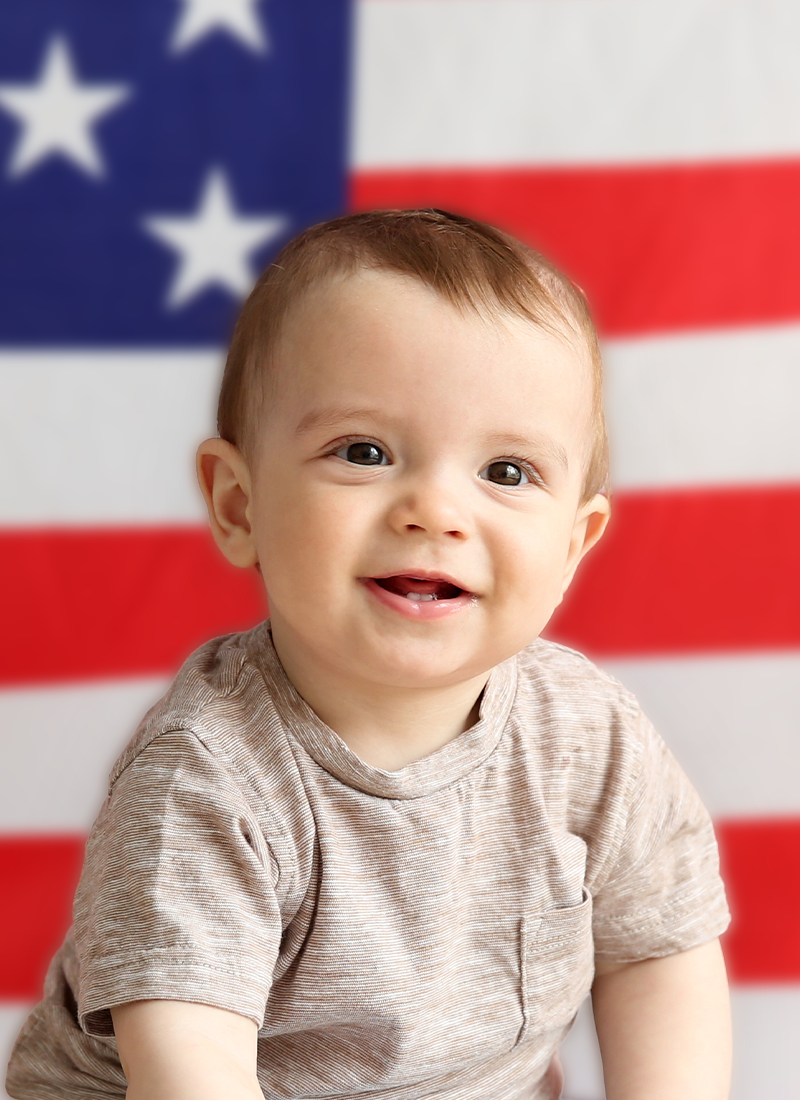In recent weeks, a Venezuelan man who is quadriplegic turned to social media with a request to end his life through assisted suicide. In the jarring videos posted on YouTube, Marco Guillen requests the help of Venezuela’s president, Nicolás Maduro, in seeking euthanasia because of his poor quality of Life. Guillen’s pleas highlight the severity of the economic crisis in Venezuela and reveal the dangerous threat to the sanctity of human Life at the heart of the assisted suicide movement.
According to reports, Guillen, of Cabudare, Venezuela, became quadriplegic 12 years ago as the result of a car accident. He now cannot use any of his limbs and requires assistance in daily tasks. Appearing bed-ridden in the videos, Guillen says at one point, “I do not want to burden my family, or my daughter or my wife, with the poor life I lead.” Tragically, he says friends and neighbors blame him for his mother’s death, as she worked tirelessly to care for him. For these reasons, he says, “I am requesting that the national government carry out euthanasia, in a dignified way.”
As Live Action notes, “Guillen’s plea for euthanasia isn’t a death wish. It’s a cry for help.” He says in another video, “I think that if the government cannot be responsible for its people, then a euthanasia law where you can decide for yourself is better.” Guillen’s situation is so desperate in large part because his pension no longer covers the cost of his food and medical bills. He explains, “I don’t know if there’s an economic battle but the truth is that when someone goes out to look for something I need, whether it’s food or medical supplies the high cost of living makes me run out of strength.”
There is nothing dignified about taking the life of a man who does not have adequate resources. In a severely disrupted economy like Venezuela’s, the most vulnerable are put at greatest risk, as Guillen’s request to die shows us. Guillen asks at one point, “Why drag them [his family] down to continue deteriorating when I can sacrifice myself for them?” Many studies have concluded that many people requesting assisted suicide do so not because of the physical pain and ailments they suffer. The main reasons people request assisted suicide are feelings of depression, not wanting to be a burden to others, and a sense of hopelessness.
Nowhere is the reality more clear than in the heartbreaking clip of Guillen’s wife, Ana Barrios. On the verge of tears, she explains, “It’s hard. My daughter is suffering a lot. The people who know him, know that he’s precious. I have given him a lot of love. I try to be the best I can.”
While anti-Life activists may see Guillen’s desperation as another reason to push for assisted suicide, the reality is that this tragic situation is not about choices but the result of a lack of choice. Guillen and his family need meaningful help instead of death. People facing a difficult diagnosis or chronic condition need the support of friends and family, not a government that intervenes to end their lives.


